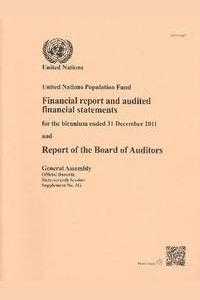
Liknande böcker
Market Expectations and Analyst Forecasts : A Quantitative Investigation on the Characteristics and Interactions of Analyst Earnings Estimates
Bok av Christoph Jorns
Market expectations are an unquestioned driver of share prices. In order to take investment decisions, knowing and quantifying market expectations is one of the most important factors of the investment process. To determine the appropriate measurement and proxies for market expectations, it is crucial to understand the link between expectations and the valuation of a corporation: From a theoretical point of view, the monetary value of a corporation is ultimately determined by the discounted flow of its future streams of income. In other words, the today's value is the sum of the present values of all the expected incremental cash flows generated by the corporation. It is obvious, however, that a multitude of assumptions about a firm's future prospects are required to determine a corporation's future income. Yet, reasonable assumptions are grounded in justifiable expectations about what the future will bring. It is natural, therefore, to assume that expectations about a company's future streams of income are the predominant - if not even the only - issues that matter in an investor's purchase decision.Early exponents of this coherence are for example Graham and Dodd (1934) who pointed out that effects of earnings announcements on firm value are "likely to be insignificant, unless the earnings announcement itself signals a change in the outlook for the future. The long-term investor recognizes that purchasing a stock accomplishes the acquisition of existing assets and liabilities, regardless of where they come from or when they were acquired. Since the past cannot be changed, it is not an issue in the purchase decision. What is an issue in the purchase decision is the future earnings that the investor will obtain by buying the stock. It is the ability of the existing assets and liabilities to create future earnings that determine the value of the equity position."At this point, two things are noteworthy: first, it follows that an individual investor values investment opportunities based on his expectations with respect to the investment's prospects. Secondly, since these expectations are formed on a subjective basis, there is no ultimately "objective" valuation approach, meaning that opinions on a corporation's prospects will vary across different investors. Aggregating the multitude of available expectations to one single measure results in the well-established concept called capital markets. Simply speaking, ideally stock markets are the sum of differing future opinions which interact, reinforce and negate each other in a universe of opinions. Hence, share prices generated by the market can be viewed as the consensus expectation of the discounted flow of a corporation's future income. This certainly does not say that the market is right per se: whether the market consensus is correct or not will only become apparent as time passes. However, the important conclusion which can be drawn is that if expectations on future prospects change, the assigned value will do so as well.
Visa pris inkl. frakt Inkl. frakt
Market Expectations and Analyst Forecasts
449 kr
Finns i lager







